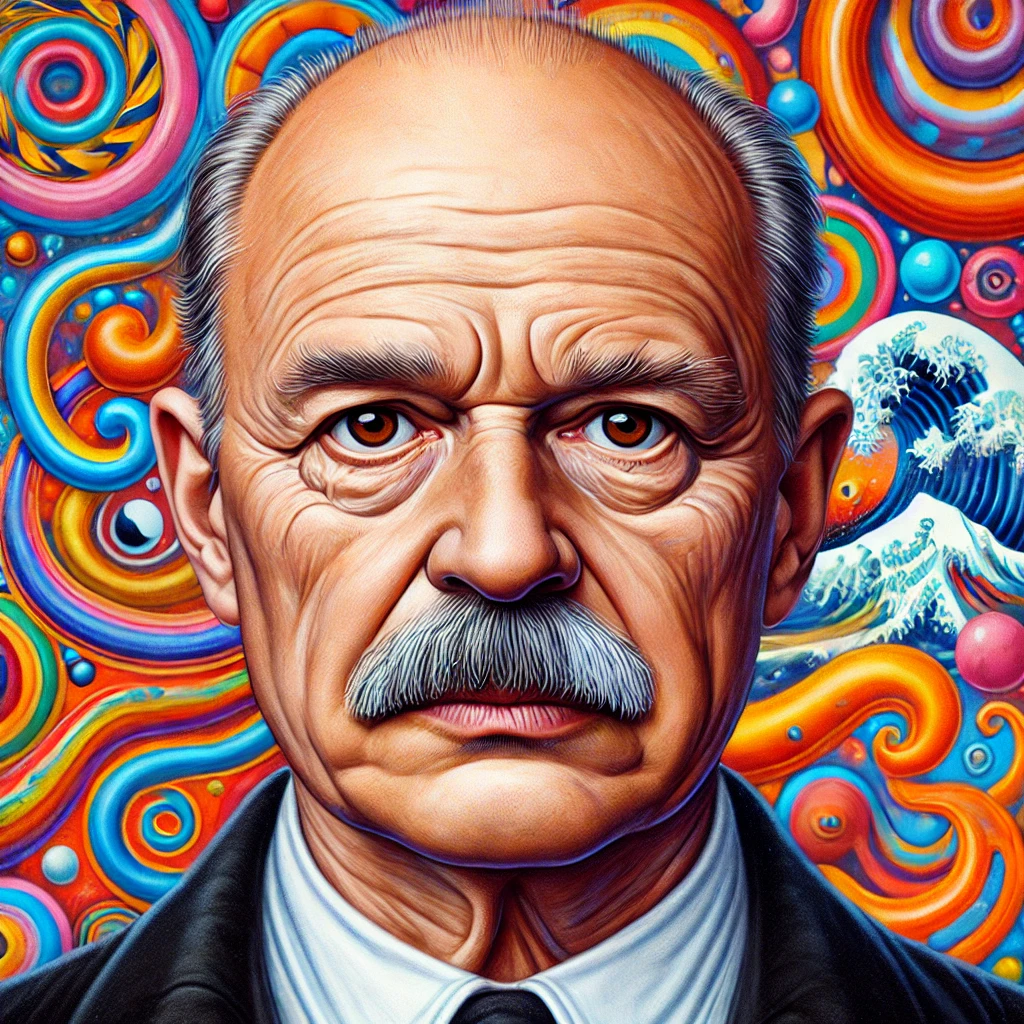Existentialism

Place of Origin: Europe (primarily France, Germany, and Denmark)
Century of Origin: 19th-20th Century CE
Associated Philosophers:
Overview of Existentialism
Existentialism is a philosophy that focuses on finding meaning in life, even when life can feel random or uncertain. It teaches that each person is responsible for creating their own purpose and meaning, instead of relying on outside forces or fate. Existentialists believe that life doesn’t come with a set meaning, and it’s up to each of us to figure out what matters most. This can be both freeing and challenging because it means we have to make choices about what we believe is important.
Existentialists don’t focus much on metaphysics, but they believe that life doesn’t come with a set meaning. They think that the universe is indifferent to us, and it’s up to each person to create their own meaning and purpose. This can feel scary or freeing, depending on how you see it.
In existentialism, knowledge comes from personal experience and the choices we make. Existentialists believe that we understand life by living it, and that we create meaning through our actions. Instead of focusing on abstract ideas or universal truths, existentialism teaches us to look at the unique experiences and feelings that shape who we are. It’s about understanding that what we learn from our own lives is just as important as what we might learn from others.
Existentialist ethics focus on individual freedom and responsibility. Each person must decide what is right and wrong for themselves, and they must take responsibility for their choices. Because life doesn’t come with a set of rules, existentialism says that we have the freedom to choose our own path, but with that freedom comes the responsibility to be true to ourselves and to consider how our actions affect others.
Existentialist logic often breaks away from traditional ways of thinking. Instead of focusing on strict rules or systems, it’s more about questioning everything, especially ideas that tell us how we 'should' live or think. Existentialism encourages us to think for ourselves and to make choices based on what feels most true to us, rather than what society says is right. It’s a reminder to stay open-minded and not let anyone else define our values for us.
Existentialists often focus on the meaning behind art, rather than its appearance. They believe that art can help people express their feelings about life, freedom, and the challenges of making choices. For them, beauty is less about looks and more about how something makes you feel or think.
Existentialists believe in questioning everything, especially the idea that there is one 'right' way to live. They encourage people to think deeply about their choices and to live authentically, meaning you should live according to your true self and not just follow what society expects.
In Existentialism, humans are seen as free beings who must create their own meaning in life. Existentialists believe that we have the freedom to choose who we are and how we live, but this freedom comes with responsibility. It’s up to each person to decide what their life will be about.
Existentialist political philosophy focuses on the freedom and rights of individuals. It asks how we can create a society where people can live authentically, making their own choices without being forced to fit into narrow roles. Existentialists believe that a fair society allows people to be true to themselves, but also respects the freedom of others. This way of thinking supports the idea that governments should protect individual rights, while also encouraging people to think deeply about how their actions affect the freedom and well-being of others.
Existentialism became popular in the 20th century, with philosophers like Jean-Paul Sartre and Simone de Beauvoir leading the movement. They were writing during times of war and change, which made people think more about the meaning of life and the choices we all have to make.
Key themes in Existentialism include personal freedom, responsibility, and the idea that life has no fixed meaning. Existentialists encourage people to live authentically and to embrace the freedom to make their own choices, even if it’s difficult.
Jean-Paul Sartre is a famous Existentialist who believed that people are 'condemned to be free,' meaning we have to make choices, whether we like it or not. Simone de Beauvoir, another Existentialist thinker, focused on freedom and the importance of living authentically, especially for women.










